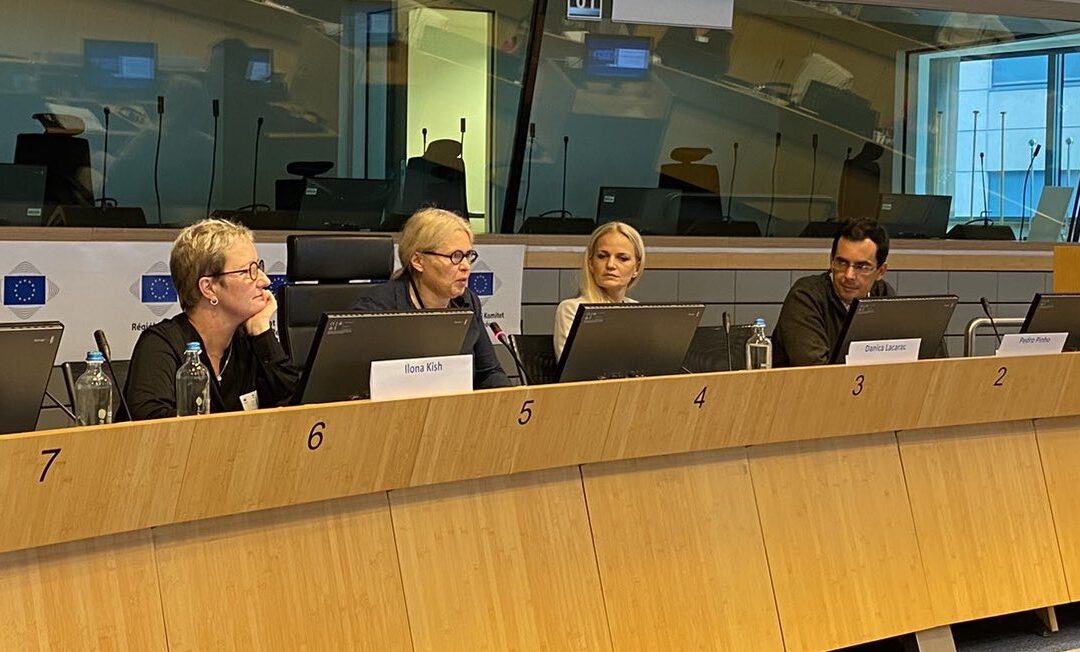The BiodiverCities project was launched in 2020 by the European Commission’s Joint Research Centre (JRC) and saw ten cities across Europe engage citizens in the support of urban biodiversity. Under the BiodiverCities project, citizens have co-created urban gardens, insect hotels and re-imagined empty green lawns and unused spaces, co-designed strategic plans and new visions for their cities and neighbourhoods. Over the course of this project over 500 citizens participated in a citizen engagement process. Alongside this, local institutions were also involved leading to institutional innovation and a greater policy impact.
PL2030 collaborated with the JRC on this project and brought in three public library services to take part in citizen engagement processes: Valongo Municipal Library, Novi Sad Central Library and the Lisbon Library Network. Each of these library services undertook different citizen engagement processes promoting various methodologies depending on goals and outcomes sought out in each process. The findings from the BiodiverCities project and the citizen engagement processes carried out in libraries will be made available in the “Rough guide to Citizen Engagement” that is forthcoming.
PL2030 Director, Ilona Kish, spoke at the final policy event hosted on September 8 detailing how public libraries can, and in many cases already, play a role in citizen engagement processes. As spaces, libraries are accessible to all members of their community and are trusted by their community to provide information. Additionally, they remain one of the only non-commercial places people can gather in and exchange. This makes libraries rich with not only knowledge but a diverse audience that trusts the institution. However, reaching all demographics of the library can be challenging as access to digital communication may be challenging to those facing digital exclusion or the unhoused.
This event was a great opportunity to reflect on the role public libraries already play in citizen engagement processes and the challenges they face in these processes. We look forward to continuing to support libraries across Europe in their citizen engagement processes and fostering a culture of participation.

